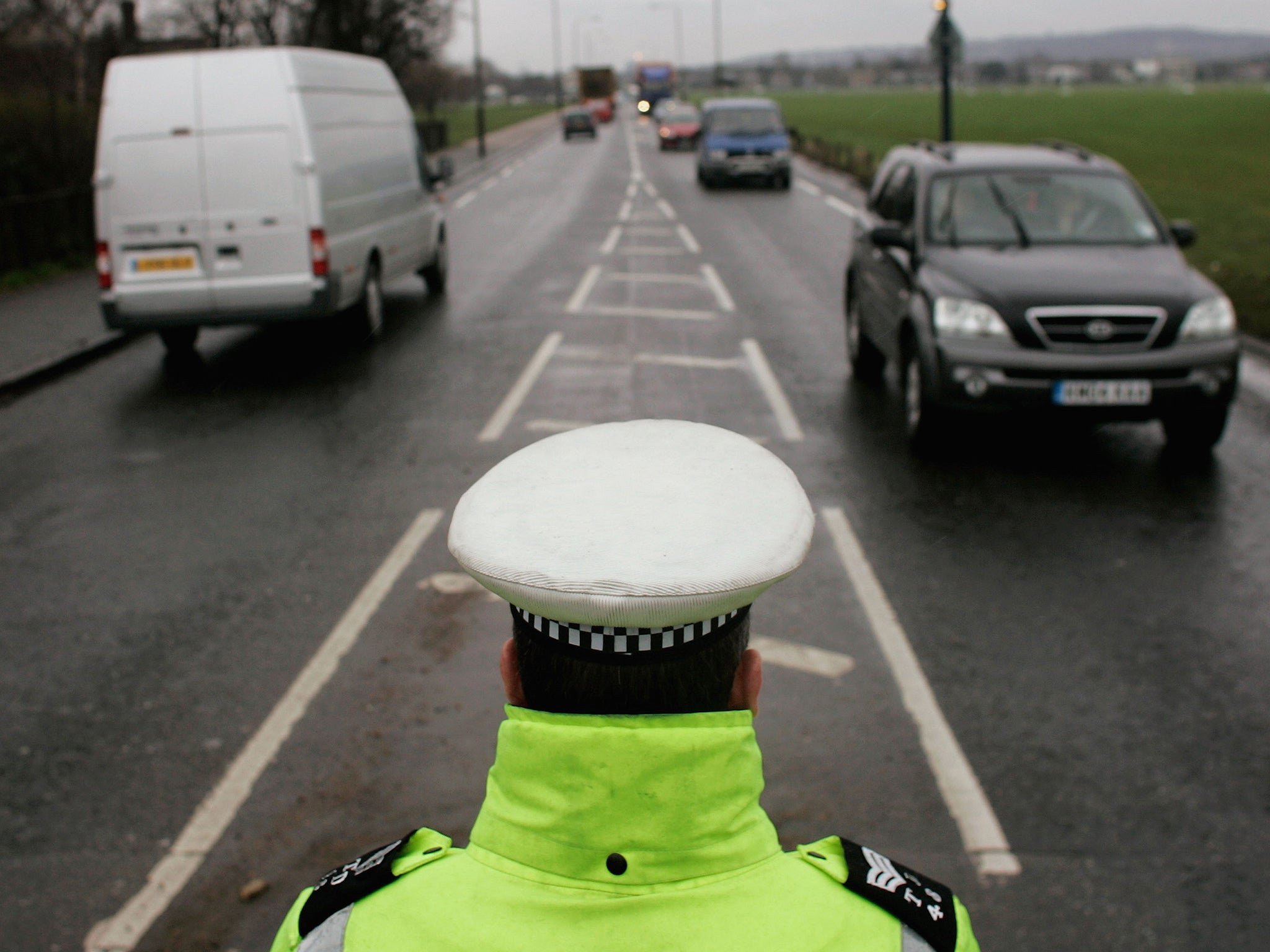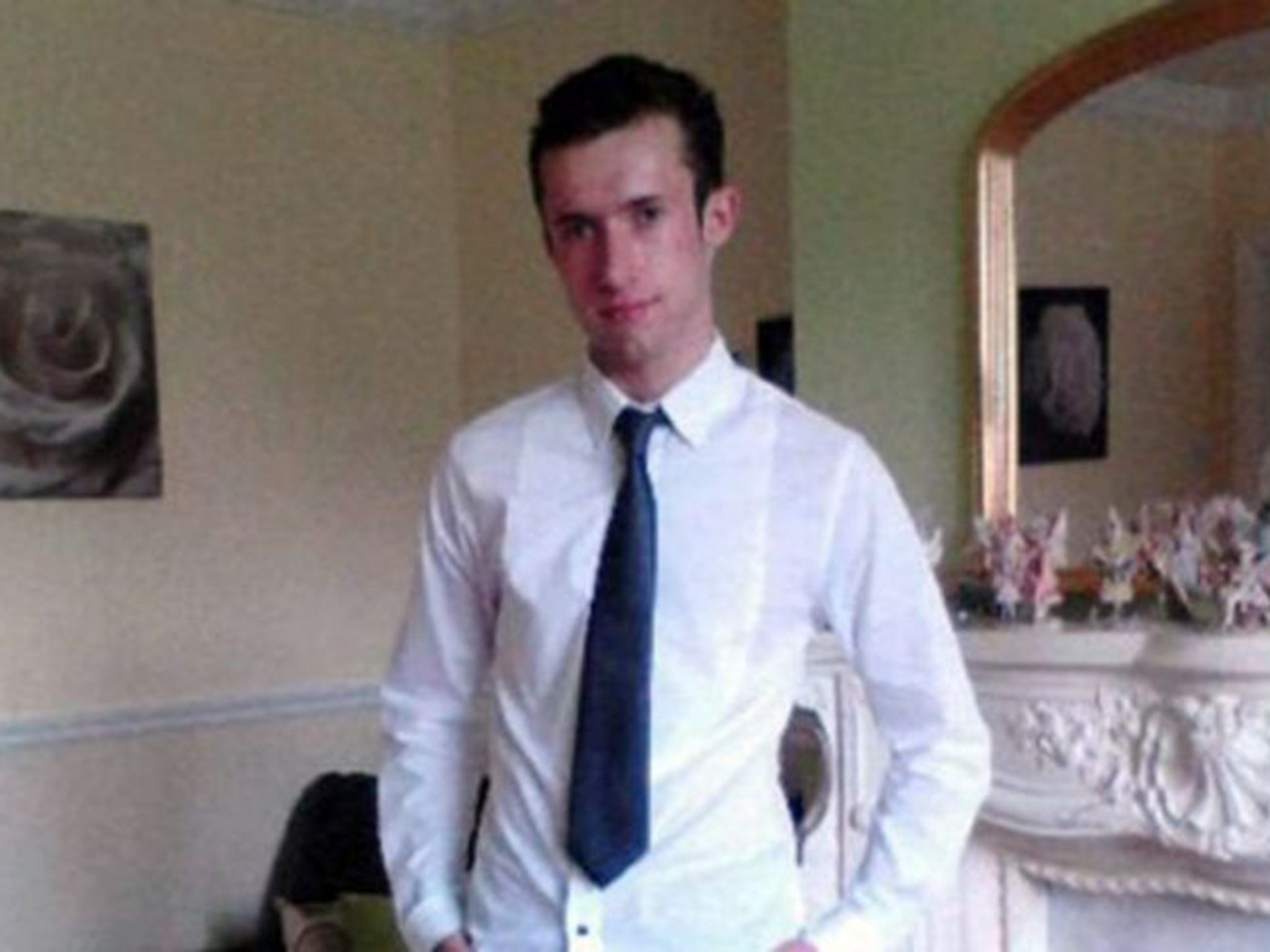Drunk or drugged drivers to face stiffer sentences
New proposals being considered by the Ministry of Justice

Alzheimer’s sufferers who kill people when driving after being warned not to get into their cars will be subjected to stiffer sentencing under proposals being considered by the Ministry of Justice.
The main target of the MoJ review, though, is drivers who have caused deaths when under the influence of alcohol or drugs, and they will receive much more severe penalties. For example, as things stand they are rarely charged with manslaughter, meaning they typically face a prison sentence of no more than 14 years.
Michael Gove, the Justice Secretary, was last week told at a meeting of about 35 MPs from all parties that there must be much stronger prison sentences for death by intoxicated driving. He is known to be sympathetic to increasing the sentences and will consider making it easier to secure a manslaughter charge.
The move is part of a broader review of criminal sentencing, which ministers hope to have ready by the Queen’s Speech next year. Many ideas will need the support of other branches of government, such as the Driver and Vehicle Licensing Agency (DVLA), and the Judicial College.

Some MPs are concerned that dementia sufferers are continuing to drive after being told not to. A senior MoJ source said: “This has got to be treated seriously. It’s about the people who have been advised by doctors that they shouldn’t be driving. It was raised by two or three MPs at the meeting.
“The problem is that sentencing depends on individual judges’ leniency, which isn’t right when you need to send a strong message. There has also got to be greater consistency in sentencing, particularly in drink driving. Clearly, the public would like to see that.”
Alec Shelbrooke, an aide to the Employment minister, Priti Patel, has led the call for manslaughter charges against drivers who kill while under the influence following the death of his constituent Callum Wark (see box, left). He said: “Somebody who intoxicates themselves and then drives a vehicle that results in the death of someone else is clearly a manslaughter charge.”
Another ministerial aide, the Rossendale and Darwen MP Jake Berry, added: “A lot of our law governing offences is quite old and has failed to keep pace with modern attitudes to drink and drug driving. I said in the meeting that I hope the Secretary of State will include offences that more accurately reflect serious harm caused by being impaired while driving.”
Last week, the Liberal Democrat MP Greg Mulholland introduced a bill to strengthen penalties after three of his constituents were killed by drunk drivers.
Mr Mulholland said: “One thing I am calling for is getting rid of the charge of death or injury by careless driving, because it’s so often misused, and replacing it with a new offence that would allow judges discretion. In some of the most serious cases, manslaughter would be appropriate.”
Gary Rae, campaigns director at the road safety charity Brake, said: “It’s vital any driver with a medical condition that could prevent them from driving safely declares that condition to the DVLA. If they fail to do so, they will pose a serious risk to both themselves and other road users. We appreciate that having to give up driving because of a medical condition is a difficult step for some individuals, and this is a discussion that needs to take place with family, GPs and other medical professionals.
“Charges of manslaughter and tougher sentences for people who kill by criminal driving are long overdue,” Mr Rae said. “Far too often victims’ families feel insulted at the overly lenient punishments given to drivers who have killed their loved ones when they are left with a life sentence.”
George McNamara, the head of policy at the Alzheimer’s Society, said: “A dementia diagnosis is not in itself a reason to stop driving. The critical issue is ensuring that the DVLA is aware of a person’s dementia diagnosis, whether informed by the individual or disclosed by that individual’s GP. This allows the DVLA to decide the person’s ability to drive safely.”
A MoJ spokesman said it was hoped that consultation could start before the end of the calendar year.
Join our commenting forum
Join thought-provoking conversations, follow other Independent readers and see their replies
Comments
Bookmark popover
Removed from bookmarks